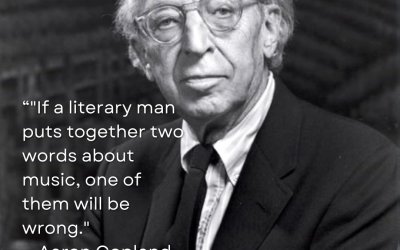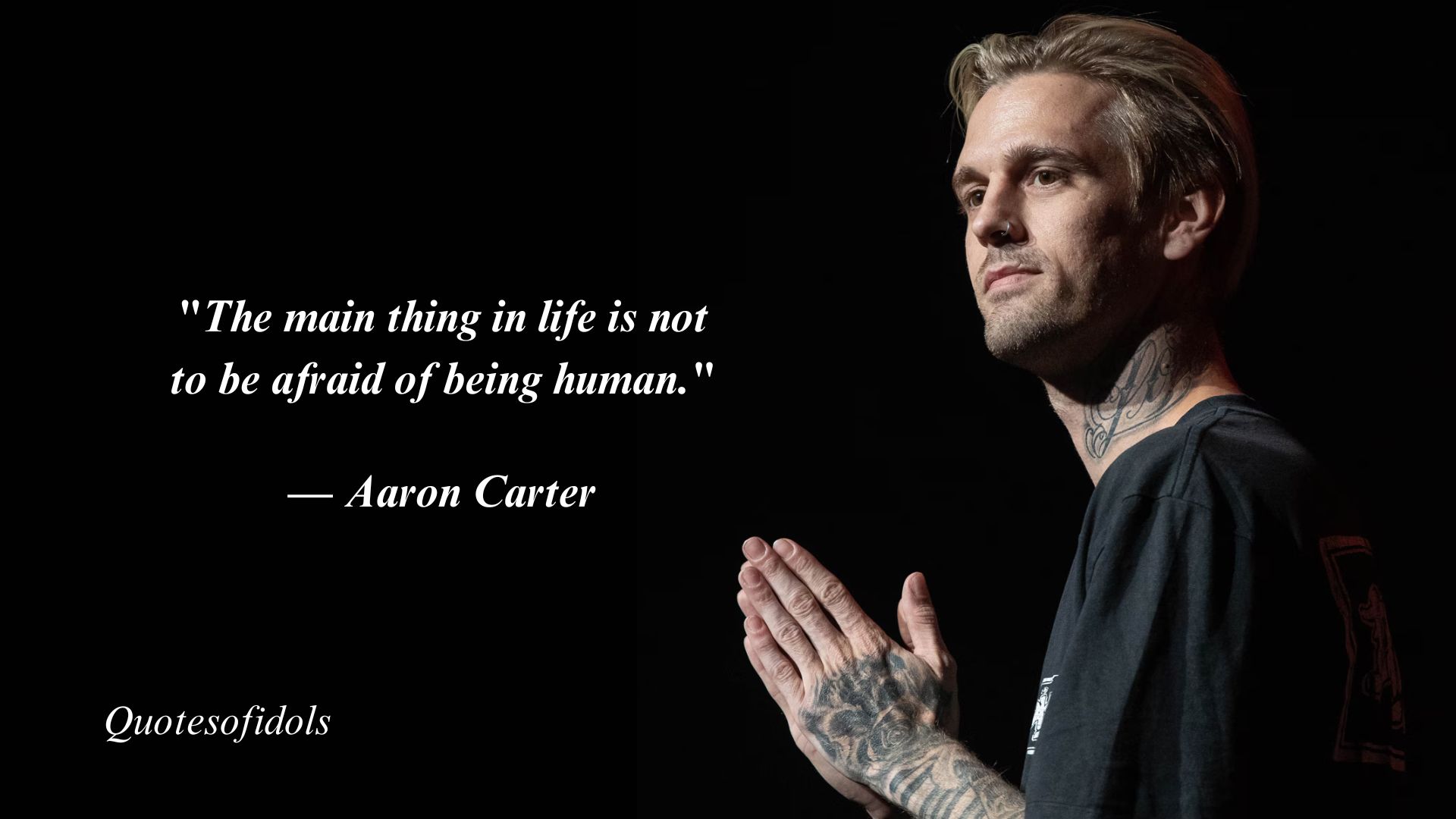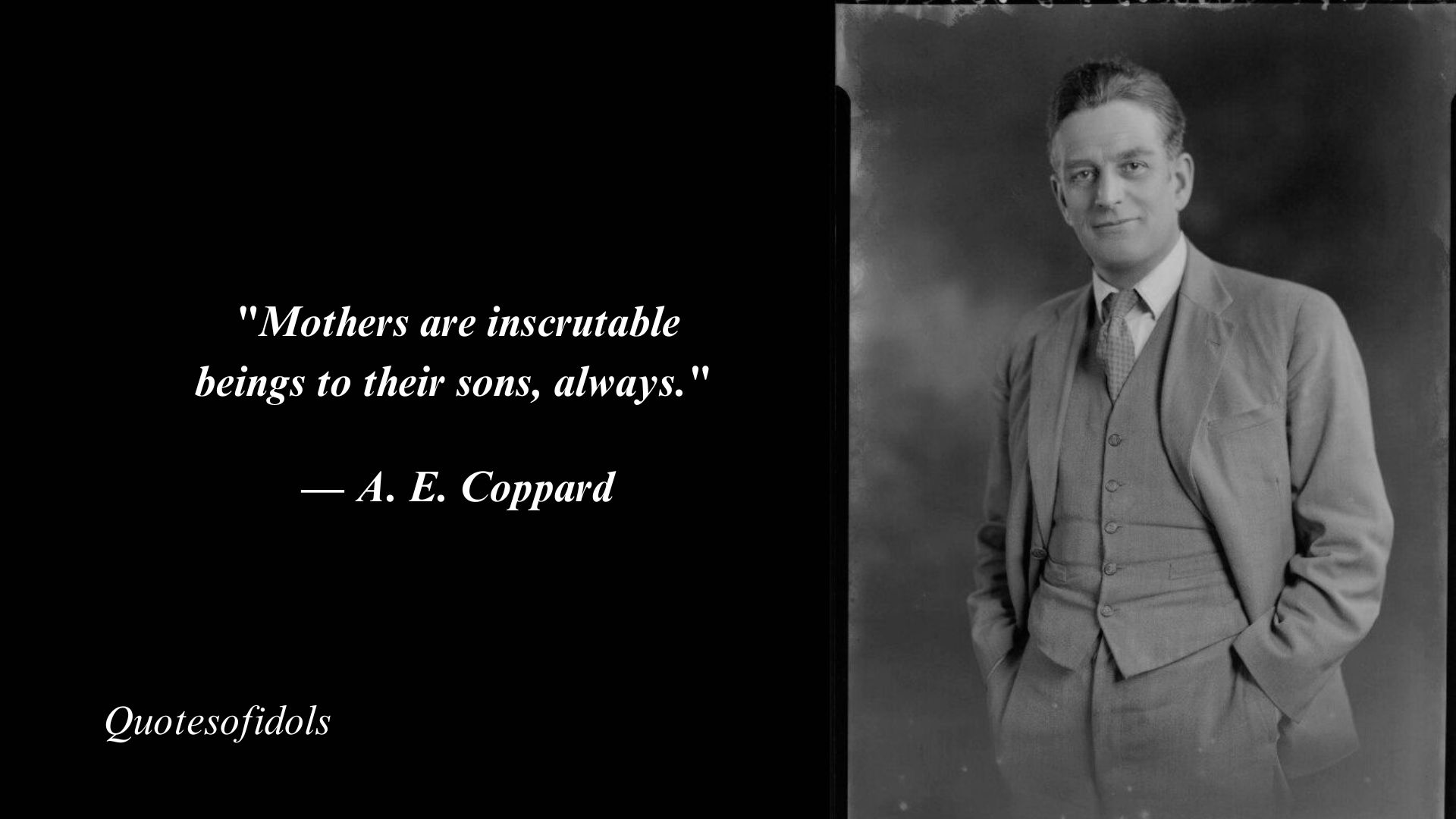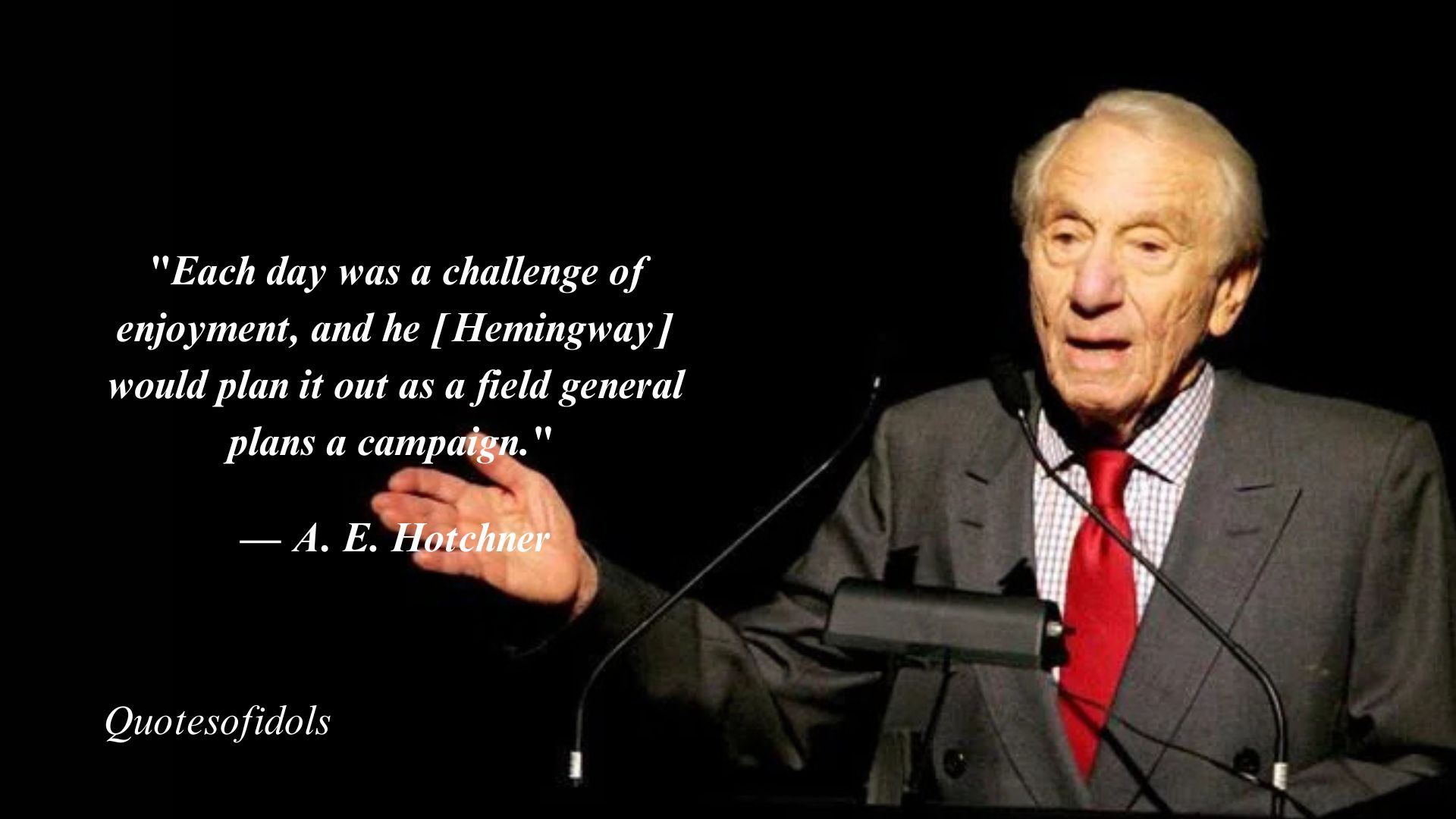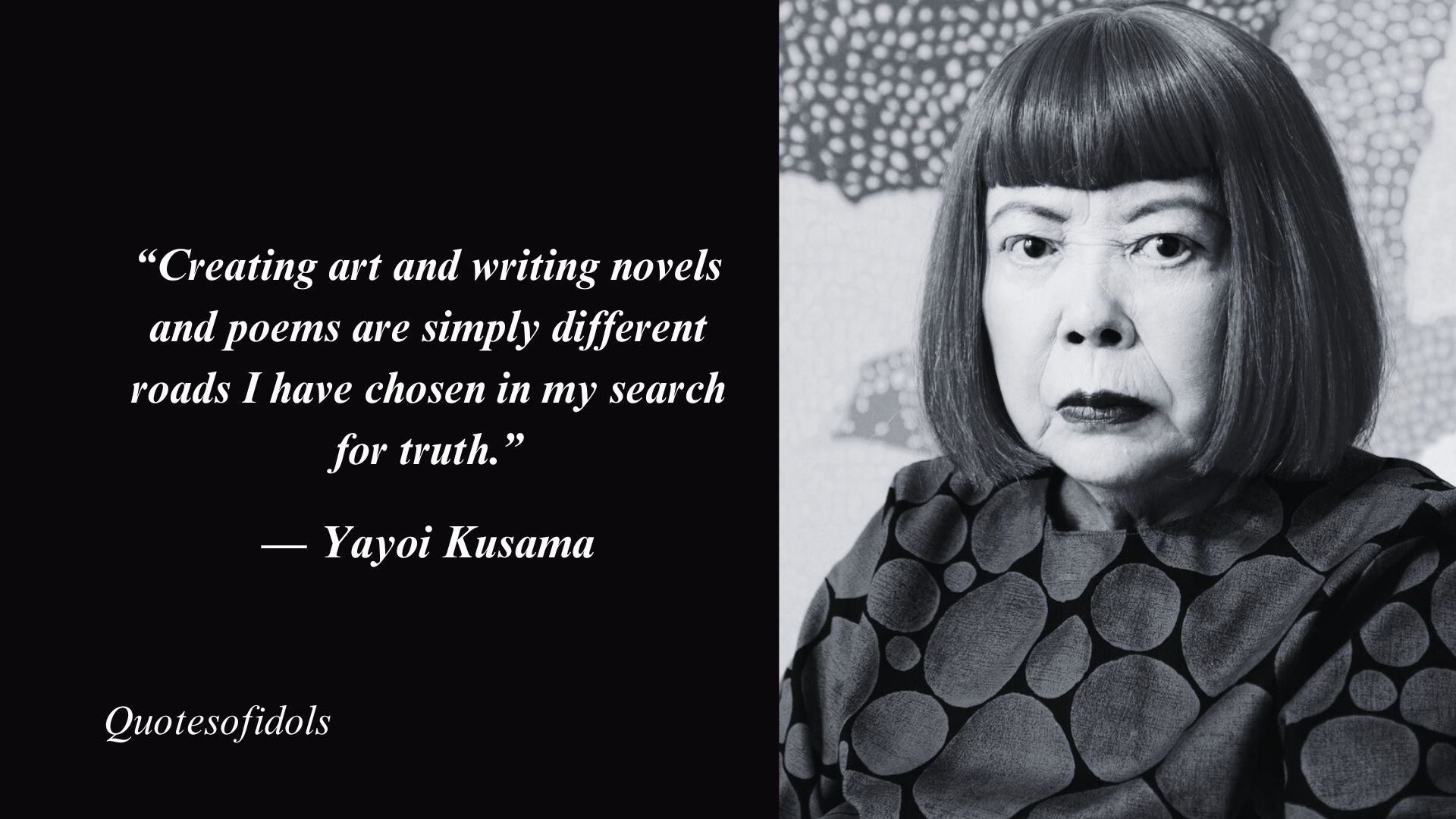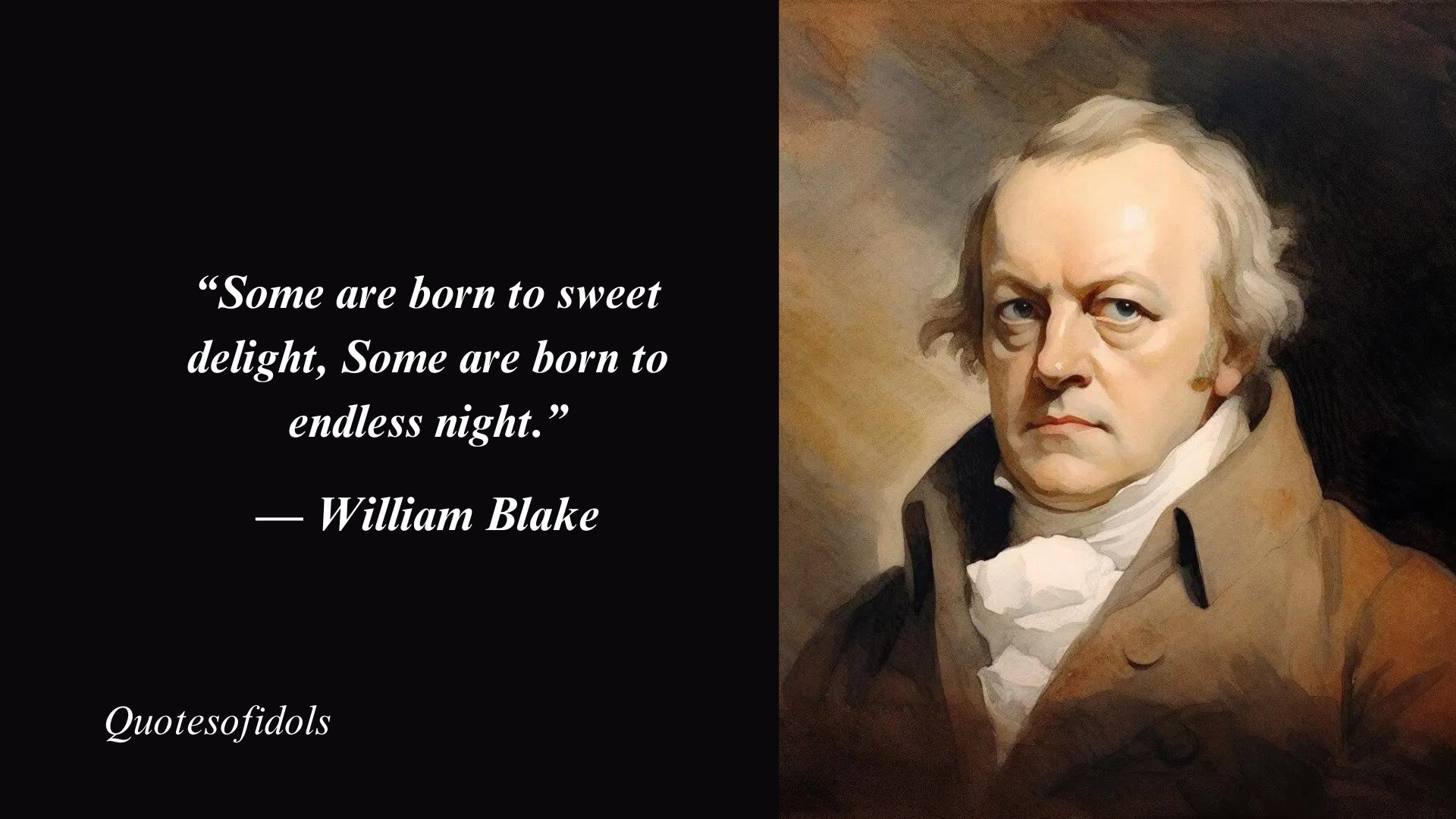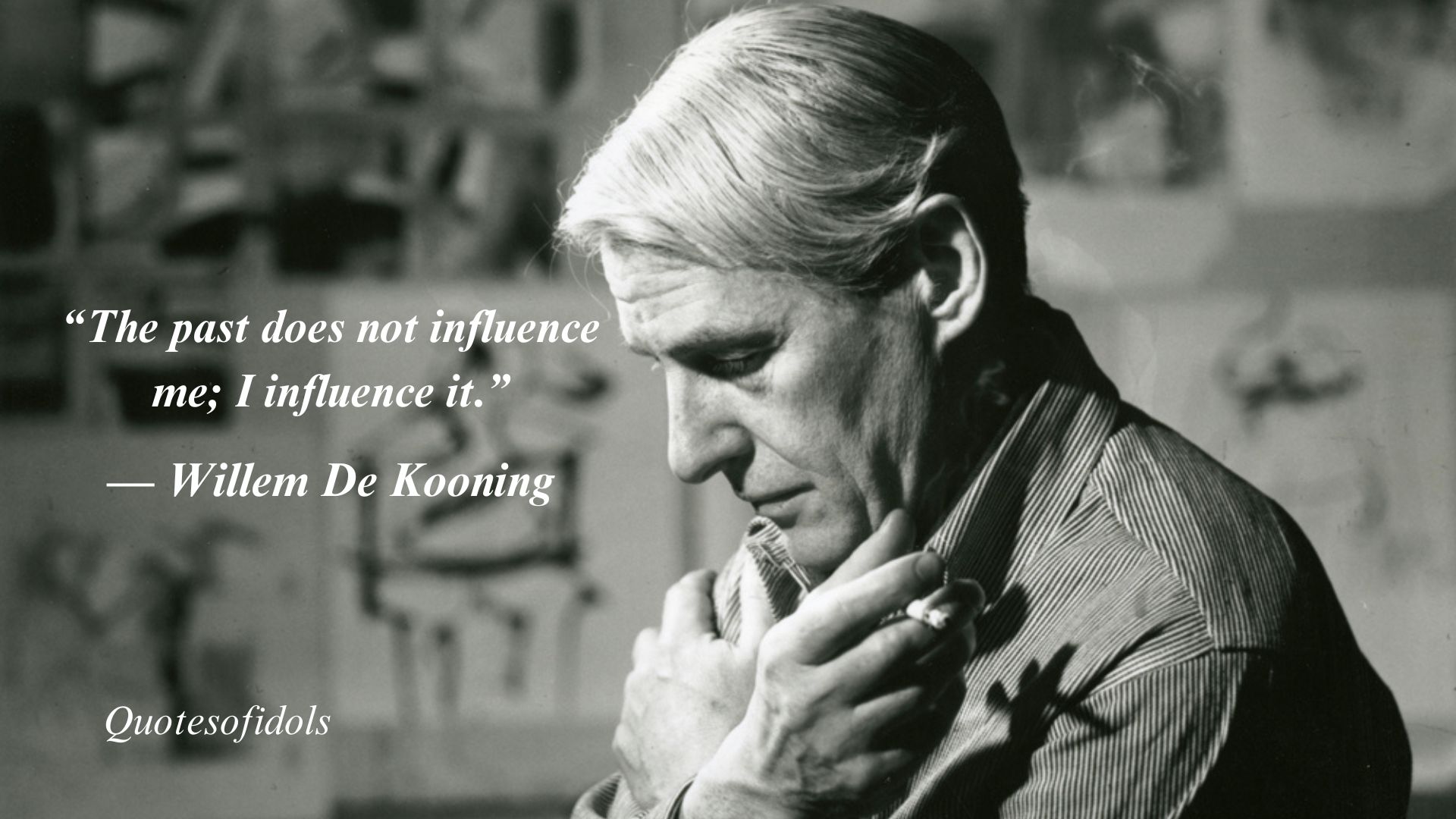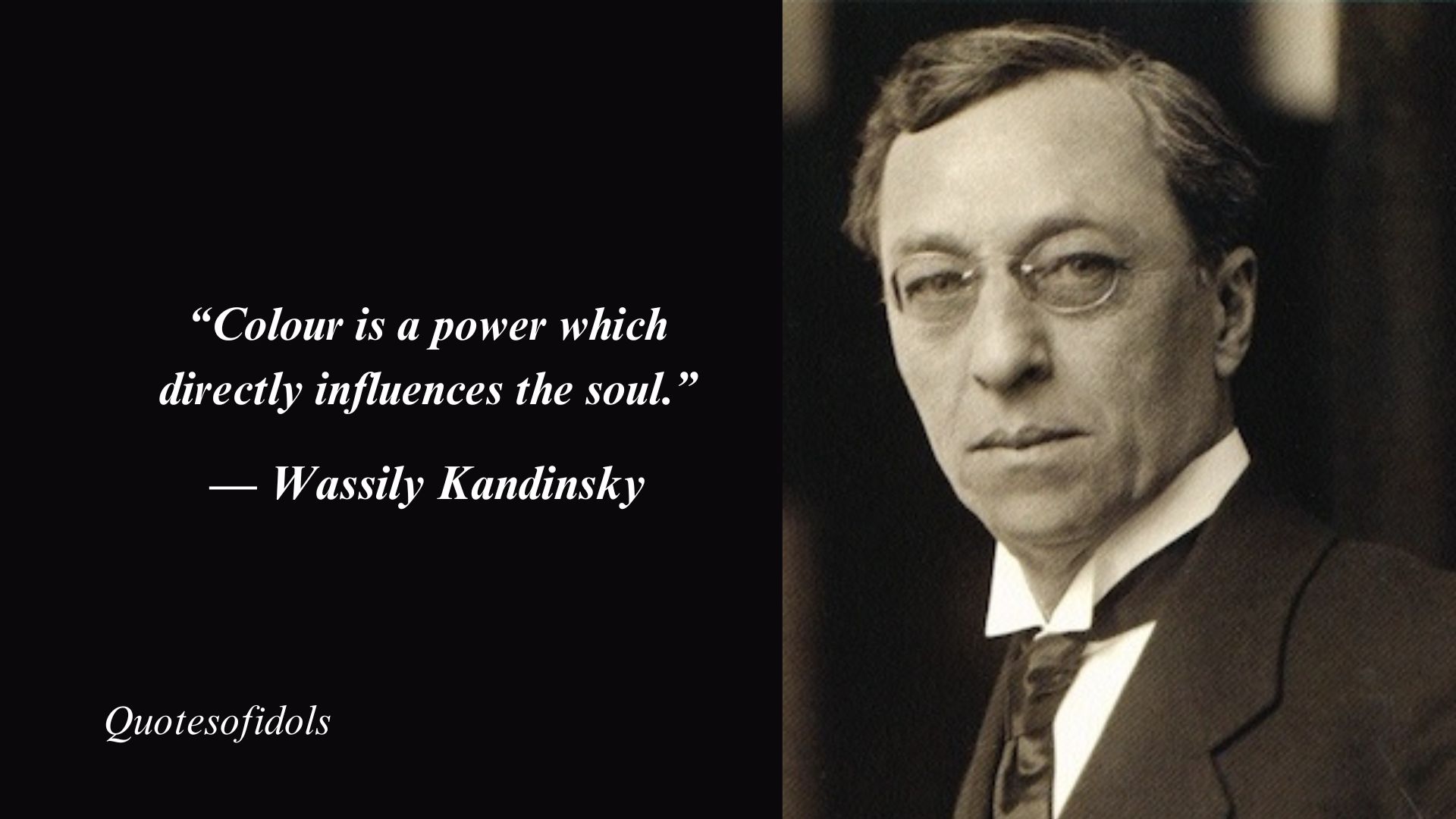Top 69 Most Famous Quotes By Eugène Delacroix
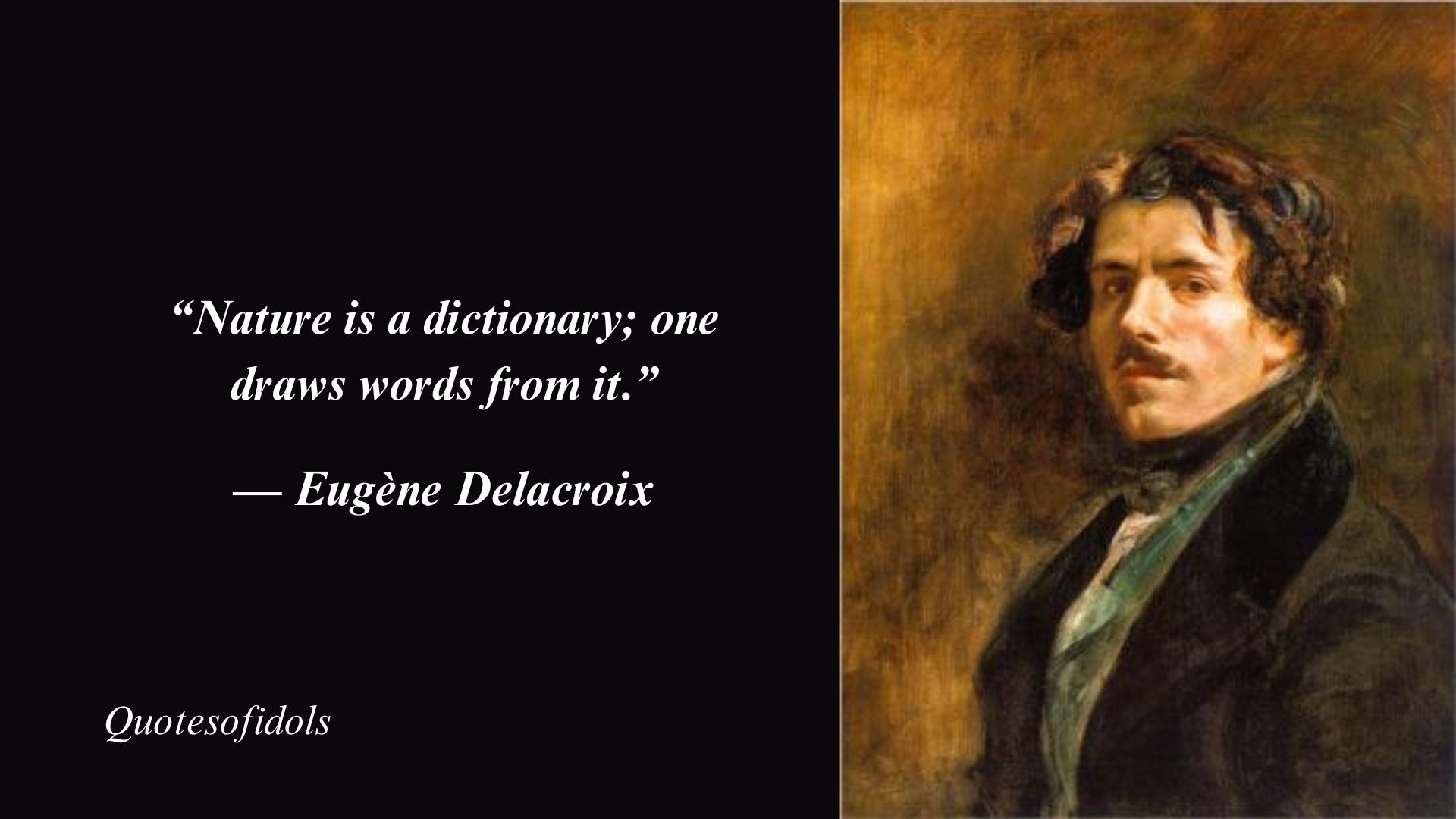
Eugène Delacroix, born in 1798 in Charenton-Saint-Maurice, France, was a leading figure in the Romantic movement of the 19th century. Renowned for his expressive and dramatic paintings, Delacroix’s work captured the tumultuous spirit of his era and pushed the boundaries of artistic expression.
Delacroix’s paintings often depicted historical and literary subjects, such as “Liberty Leading the People” and “The Death of Sardanapalus,” with a vividness and intensity that captivated viewers. He was a master of color and composition, using bold brushstrokes and vibrant hues to convey emotion and movement.
In addition to his historical paintings, Delacroix was also a skilled portraitist and landscape painter, showcasing his versatility and mastery of various genres. His work had a profound impact on later generations of artists, including the Impressionists and Symbolists, who admired his use of color and expressive brushwork.
Despite facing criticism from some quarters for his departure from academic conventions, Delacroix’s bold and innovative approach to painting cemented his status as one of the most important artists of the 19th century. Today, he is celebrated for his contributions to the development of modern art and revered for his timeless masterpieces.
Eugène Delacroix Quotes
1. “The source of genius is imagination alone, the refinement of the senses that sees what others do not see, or sees them differently.”
— Eugène Delacroix
2. “Nature is a dictionary; one draws words from it.”
— Eugène Delacroix
3. “The artist who aims at perfection in everything achieves it in nothing.”
— Eugène Delacroix
4. “Nourish yourself with grand and austere ideas of beauty that feed the soul Seek solitude.”
— Eugène Delacroix
5. “A fine suggestion, a sketch with great feeling, can be as expressive as the most finished product.”
— Eugène Delacroix
6. “If I haven’t fought for my country at least I’ll paint for her.”
— Eugène Delacroix
7. “The first virtue of a painting is to be a feast for the eyes.”
— Eugène Delacroix
8. “We work not only to produce, but to give value to time.”
— Eugène Delacroix
9. “Perfect beauty implies perfect simplicity, a quality that at first sight does not arouse the emotions which we feel before gigantic works, objects whose very disproportion constitutes an element of beauty.”
— Eugène Delacroix
10. “Cold exactitude is not art; ingenious artifice, when it pleases or when it expresses, is art itself.”
— Eugène Delacroix
11. “If one considered life as a simple loan, one would perhaps be less exacting. We possess actually nothing; everything goes through us.”
— Eugène Delacroix
12. “The outcome of my days is always the same; an infinite desire for what one never gets; a void one cannot fill; an utter yearning to produce in all ways, to battle as much as possible against time that drags us along, and the distractions that throw a veil over our soul.”
— Eugène Delacroix
13. “What moves those of genius, what inspires their work is not new ideas, but their obsession with the idea that what has already been said is still not enough.”
— Eugène Delacroix
14. “A taste for simplicity cannot last for long.”
— Eugène Delacroix
15. “Seeing artistically does not happen automatically. We must constantly develop our powers of observation.”
— Eugène Delacroix
16. “One always has to spoil a picture a little bit, in order to finish it.”
— Eugène Delacroix
17. “Real beauty in the arts is eternal and would be accepted at all periods; but it wears the dress of its century: something of that dress clings to it, and woe to the works which appear in periods when the general taste is corrupted.”
— Eugène Delacroix
18. “I live in company with a body, a silent companion, exacting and eternal.”
— Eugène Delacroix
19. “The so-called conscientiousness of the majority of painters is only perfection applied to the art of boring.”
— Eugène Delacroix
20. “I believe it safe to say that all progress must lead, not to further progress, but finally to the negation of progress, a return to the point of departure.”
— Eugène Delacroix
21. “Mythological subjects always new. Modern subjects difficult because of the absence of the nude and the wretchedness of modern costume.”
— Eugène Delacroix
22. “Draughtsmen may be made, but colourists are born.”
— Eugène Delacroix
23. “Experience alone can give, even to the greatest talent, that confidence in having done all that could be done.”
— Eugène Delacroix
24. “To be understood a writer has to explain almost everything.”
— Eugène Delacroix
25. “What I have done cannot be taken from me.”
— Eugène Delacroix
26. “A picture is nothing but a bridge between the soul of the artist and that of the spectator.”
— Eugène Delacroix
27. “If you are not skillful enough to sketch a man jumping out of a window in the time it takes him to fall from the fourth storey to the ground, you will never be able to produce great works.”
— Eugène Delacroix
28. “Talent does whatever it wants to do. Genius does only what it can.”
— Eugène Delacroix
29. “Nature creates unity even in the parts of a whole.”
— Eugène Delacroix
30. “Everyone knows that yellow, orange, and red suggest ideas of joy and plenty. I can paint you the skin of Venus with mud, provided you let me surround it as I will.”
— Eugène Delacroix
31. “Give me some mud, and I will paint you a woman’s flesh.”
— Eugène Delacroix
32. “What is real for me are the illusions I create with my paintings. Everything else is quicksand.”
— Eugène Delacroix
33. “Remember the enemy of all painting is gray: a painting will almost always appear grayer than it is, on account of its oblique position under the light.”
— Eugène Delacroix
34. “I live in company with a body, a silent companion, exacting and eternal. He it is who notes that individuality which is the seal of the weakness of our race. My soul has wings, but the brutal jailer is strict.”
— Eugène Delacroix
35. “Not only can color, which is under fixed laws, be taught like music, but it is easier to learn than drawing, whose elaborate principles cannot be taught.”
— Eugène Delacroix
36. “The things one experiences alone with oneself are very much stronger and purer.”
— Eugène Delacroix
37. “Do all the work you can; that is the whole philosophy of the good way of life.”
— Eugène Delacroix
38. “The more an object is polished or brilliant, the less you see its own color and the more it becomes a mirror reflecting the color of its surroundings.”
— Eugène Delacroix
39. “A wife of your own stature is the greatest of all blessings.”
— Eugène Delacroix
40. “One never paints violently enough.”
— Eugène Delacroix
41. “Of which beauty will you speak? There are many: there are a thousand: there is one for every look, for every spirit, adapted to each taste, to each particular constitution.”
— Eugène Delacroix
42. “Criticism is like many other things, it drags along after what has already been said and doesn’t get out of its rut.”
— Eugène Delacroix
43. “Even when we look at nature, our imagination constructs the picture.”
— Eugène Delacroix
44. “The only ones who can really benefit by consulting the model are those who can produce their effect without a model.”
— Eugène Delacroix
45. “God is that inner presence which makes us admire the beautiful and consoles us for not sharing the happiness of the wicked.”
— Eugène Delacroix
46. “I am carrying out my plan, so long formulated, of keeping a journal. What I most keenly wish is not to forget that I am writing for myself alone. Thus I shall always tell the truth, I hope, and thus I shall improve myself. These pages will reproach me for my changes of mind.”
— Eugène Delacroix
47. “I have told myself a hundred times that painting – that is, the material thing called a painting – is no more than a pretext, the bridge between the mind of the painter and the mind of the spectator.”
— Eugène Delacroix
48. “Do not be troubled for a language, cultivate your soul and she will show herself.”
— Eugène Delacroix
49. “Painters who are not colorists produce illumination, not painting.”
— Eugène Delacroix
50. “Every time I await a model, even when I am most pressed to time, I am overjoyed when the time comes and I tremble when I hear the key turn in the door.”
— Eugène Delacroix
51. “The source of genius is imagination alone.”
— Eugène Delacroix
52. “Curiously enough, the Sublime is generally achieved through want of proportion.”
— Eugène Delacroix
53. “When a thing bores you, do not do it.”
— Eugène Delacroix
54. “At a distance this fine oak seems to be of ordinary size. But if I place myself under its branches, the impression changes completely: I see it as big, and even terrifying in its bigness.”
— Eugène Delacroix
55. “I go to work as others rush to see their mistresses, and when I leave, I take back with me to my solitude, or in the midst of the distractions that I pursue, a charming memory that does not in the least resemble the troubled pleasure of lovers.”
— Eugène Delacroix
56. “Experience has two things to teach. The first is that we must correct a great deal and the second, that we must not correct too much.”
— Eugène Delacroix
57. “The contour should come last, only a very experienced eye can place it rightly.”
— Eugène Delacroix
58. “In abandoning the vagueness of the sketch the artist shows more of his personality by revealing the range but also the limitations of his talent.”
— Eugène Delacroix
59. “One should not be too difficult. An artist should not treat himself like an enemy.”
— Eugène Delacroix
60. “What makes sovereign ugliness are our conventions.”
— Eugène Delacroix
61. “Perhaps the sketch of a work is so pleasing because everyone can finish it as he chooses.”
— Eugène Delacroix
62. “The living model never answers well the idea or impressions the painter wishes to express; one must, therefore, learn to do without one, and for that, you must acquire facility, furnish one’s memory to the point of infinitude, and make numerous drawings after the old masters.”
— Eugène Delacroix
63. “If painters left nothing of themselves after their deaths, so that we were obliged to rank them as we do actors according to the judgment of their contemporaries, how different their reputations would be from what posterity has made them!”
— Eugène Delacroix
64. “All painting worth its name, unless one is talking about black and white, must include the idea of color as one of its necessary supports, in the same way that it includes chiaroscuro, proportion, and perspective.”
— Eugène Delacroix
65. “One must learn to be grateful for one’s own findings.”
— Eugène Delacroix
66. “Men of genius are made not by new ideas, but by an idea which possesses them, namely, that what has been said has not yet been sufficiently said.”
— Eugène Delacroix
67. “The secret of not having worries, for me at least, is to have ideas.”
— Eugène Delacroix
68. “It is only possible to speak in the language and in the spirit of one’s time.”
— Eugène Delacroix
69. “How can this world, which is so beautiful, include so much horror?”
— Eugène Delacroix

